hypertension is known a blood flow pressure on human blood vessels or systolic 140 mm hg and diastolic is 90 mm hg is called hypertension (HTN)
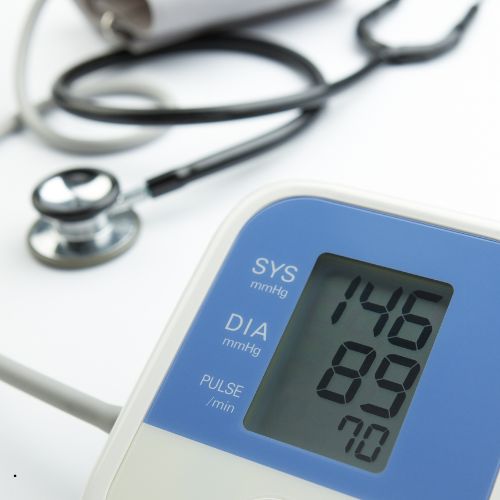
CAUSES OF HYPERTENSION.
- AGE
- GENETIC
- SMOKING
- FAST FOOD
- KIDNEY failure
- modern LIFE STYLE
- DIFFERENT DISEASE
- NO EXERCISE IN OLD AGE
SYMPTOMS.
- shortness of breath
- headache
- nose bleed
- chest pain
- dizziness
- Poor diet (especially high salt intake), lack of physical activity, obesity, and excessive alcohol consumption.
BLOOD PRESSURE MEASUREMENT.
- NORMAL BLOOD PRESSURE IS 120/80 MM hG
- hypertension 1 is 140/90 mmHg
- hypertension 2 is 150/90 mmHg
- serious 180/120 mmHg
Management
- Regular Monitoring: Regular check-ups with a healthcare provider to monitor blood pressure.
- Stress Management: Techniques such as meditation, yoga, and deep breathing exercises.
WHAT WE DO IN HYPERTENSION (HTN)
Lifestyle Changes
- Dietary Modifications
- Reduce Salt Intake: Limit sodium to less than 2,300 mg per day, and ideally to 1,500 mg per day for adults with high blood pressure.
- Healthy Eating Plan: Follow the DASH (Dietary Approaches to Stop Hypertension) diet, which emphasizes fruits, vegetables, whole grains, lean proteins, and low-fat dairy products.
- Limit Alcohol: Drink alcohol in moderation, if at all. For men, this means up to two drinks per day, and for women, up to one drink per day.
- Increase Potassium: Consuming potassium-rich foods (e.g., bananas, oranges, spinach) can help manage blood pressure.
- Regular Physical Activity
- Aim for at least 150 minutes of moderate-intensity aerobic exercise per week, such as brisk walking or cycling.
- Include muscle-strengthening activities on two or more days per week.
- Weight Management
- Achieve and maintain a healthy weight. Even a small amount of weight loss can have a significant impact on blood pressure.
- Quit Smoking
- Smoking cessation helps lower blood pressure and reduces the risk of heart disease and stroke.
- Stress Management
- Practice stress-reducing techniques such as mindfulness meditation deep breathing exercise yoga.
BEST HOMEOPETHIC REMEDY FOR HYPERTENSION (HTN)
- Aconitum napellus: Useful for sudden onset of high blood pressure with anxiety and fear.
- Allium sativum: Indicated for hypertension associated with high cholesterol and digestive issues.
- Amyl nitrosum: For cases with sudden and intense flushing, heat, and palpitations.
- Aurum metallicum: Used for hypertension in individuals who are often depressed or have a history of heart disease.
- Baryta mur: Suitable for elderly patients with arteriosclerosis and hypertension.
- Belladonna: For sudden and severe hypertension with throbbing headaches.
- Calcarea carbonica: Indicated for overweight individuals with high blood pressure and a tendency to sweat.
- Crataegus oxyacantha: A general heart tonic, often used in hypertension.
- Glonoinum: For severe hypertension with a pounding headache, often triggered by heat or sun exposure.
- Ignatia amara: For hypertension related to emotional stress or grief.
- Lachesis mutus: Indicated for menopausal women with hypertension, often with hot flashes and irritability.
- Natrum muriaticum: For hypertension in individuals who are sensitive, introverted, and often have a craving for salt.
- Nux vomica: Suitable for hypertension in people who lead a sedentary lifestyle and have digestive disturbances.
- Phosphorus: For hypertension with anxiety, and a tendency to bleed easily.
- Plumbum metallicum: Indicated for hypertension with hardening of the arteries.
- Rauwolfia serpentina: Traditionally used for high blood pressure, although it’s more commonly used in herbal form.
- Sepia officinalis: For women with hypertension related to hormonal imbalances.
- Spigelia: For hypertension with severe headaches, especially on the left side.
- Sulphur: For individuals with hypertension who have a tendency to feel hot and experience skin issues.
- Veratrum viride: Indicated for cases with rapid pulse, high fever, and severe hypertension.
Important Considerations
- Individualization: Homeopathy is highly individualized. Remedies should be chosen based on a detailed assessment of the patient’s physical, emotional, and psychological symptoms.
- Consultation: It is important to consult with a qualified homeopathic practitioner to determine the most appropriate remedy and potency for your specific case.
- Complementary Care: Homeopathy should be used as a complementary approach, alongside conventional medical treatment, especially for managing a serious condition like hypertension.






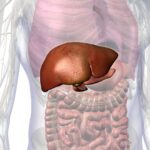
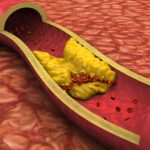















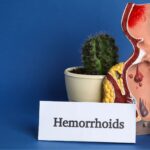


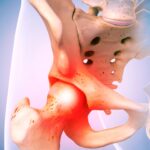
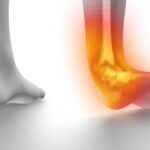





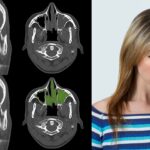


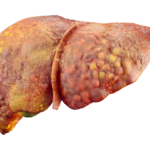








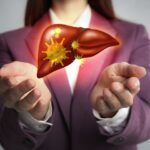















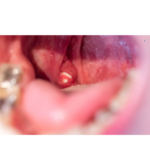



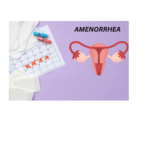



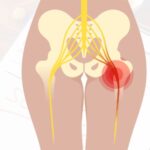

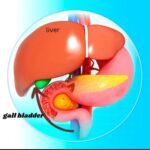
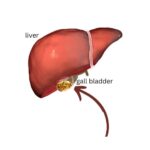











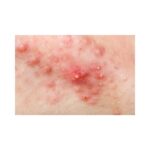
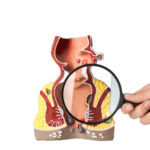


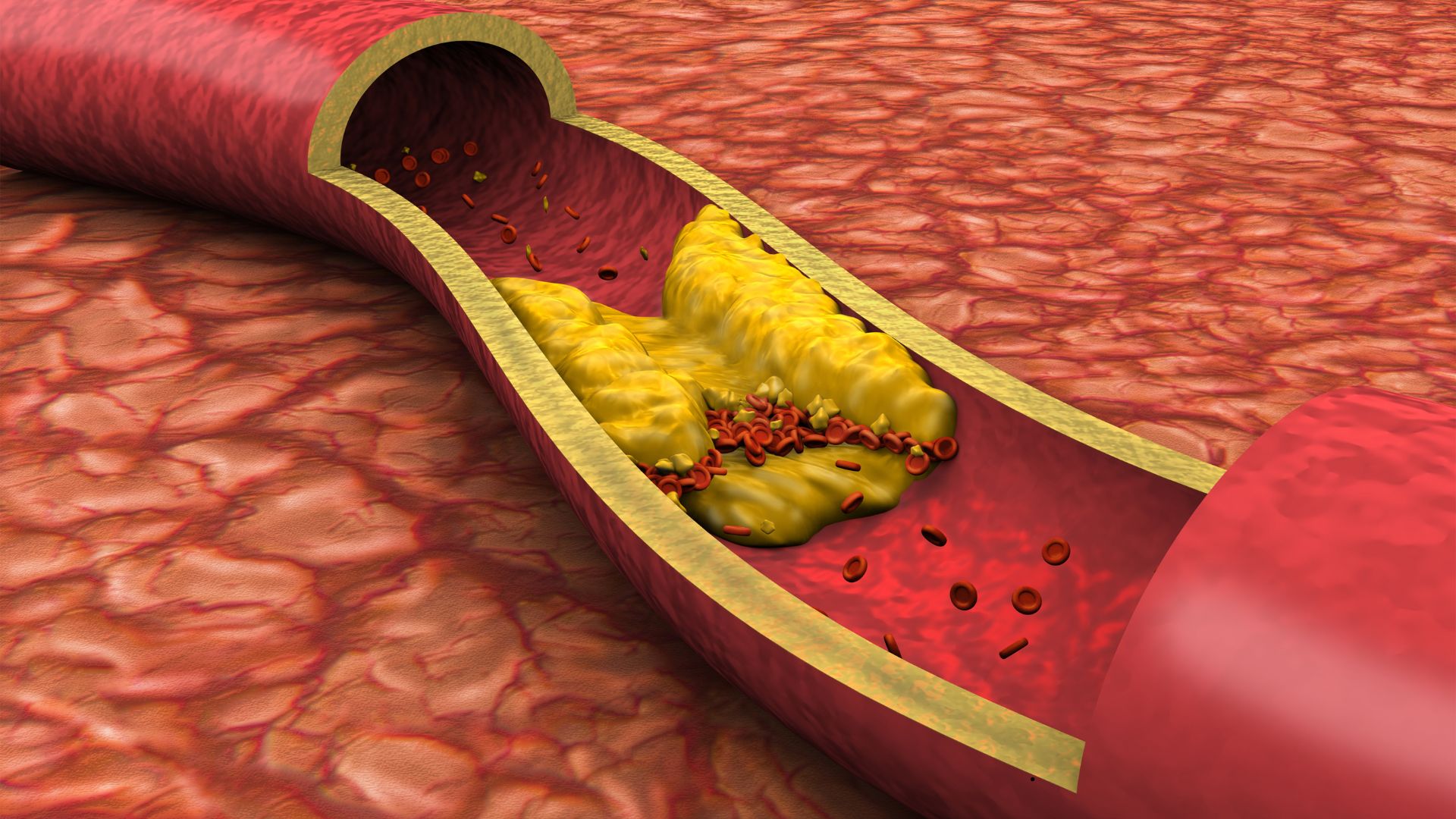


sir aslamo alikum
wa alikum salam
I have been absent for some time, but now I remember why I used to love this website. Thanks, I?¦ll try and check back more often. How frequently you update your site?
Very good written post. It will be beneficial to anyone who utilizes it, including yours truly :). Keep doing what you are doing – i will definitely read more posts.
Woh I like your posts, saved to my bookmarks! .